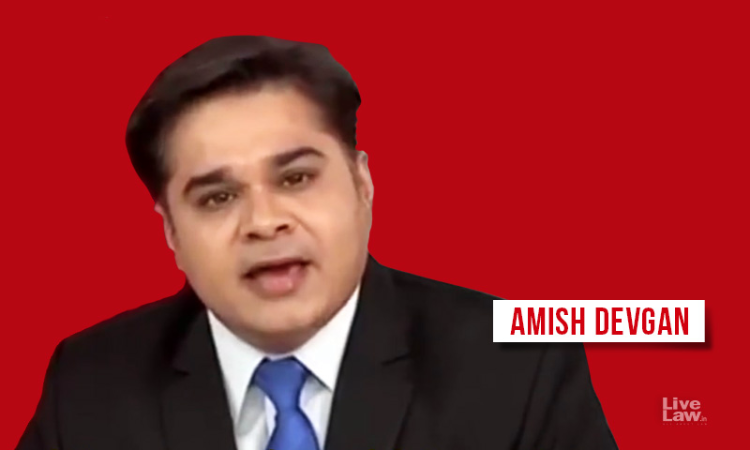Persons Of Influence Have To Be More Responsible In Speech : Supreme Court In Amish Devgan's Case
LIVELAW NEWS NETWORK
8 Dec 2020 8:33 AM IST

Next Story
8 Dec 2020 8:33 AM IST
In the judgment refusing to quash the FIR against News 18 anchor Amish Devgan, the Supreme Court observed that persons of influence have to be more responsible in speech."Persons of influence, keeping in view their reach, impact and authority they yield on general public or the specific class to which they belong, owe a duty and have to be more responsible", said the judgment delivered by a...
